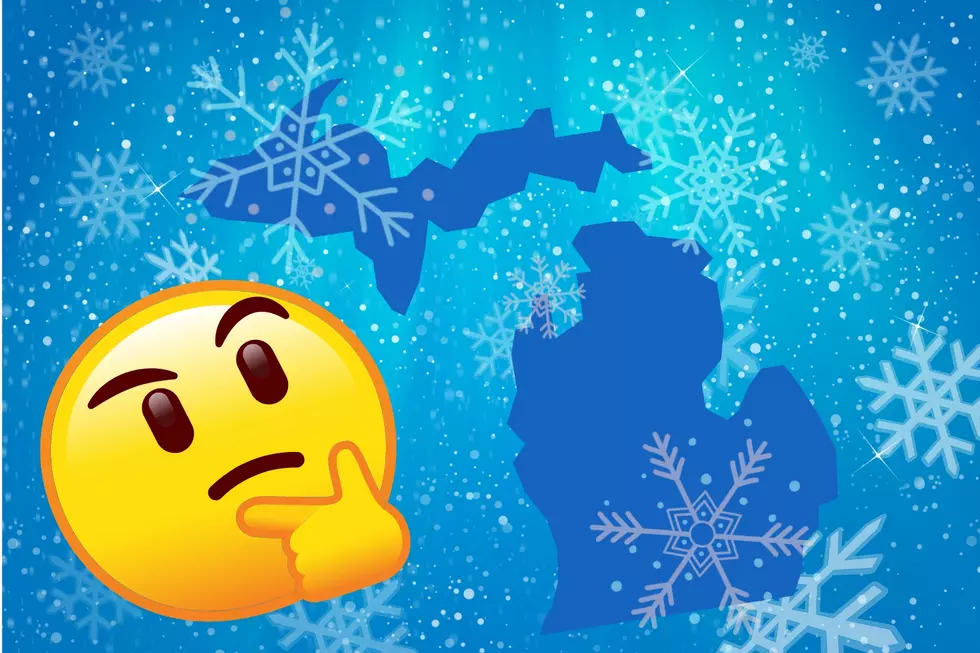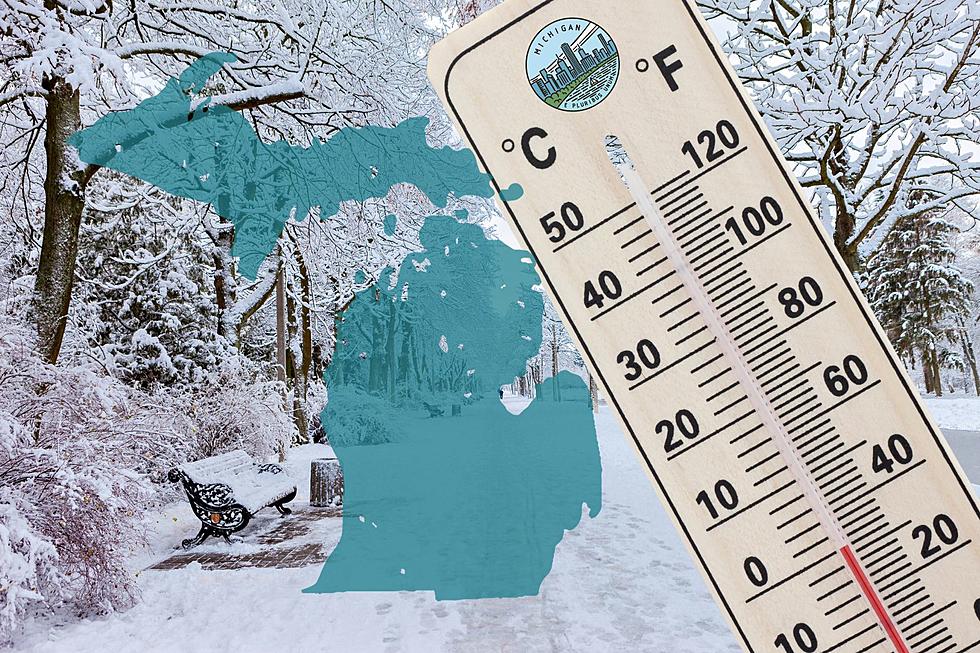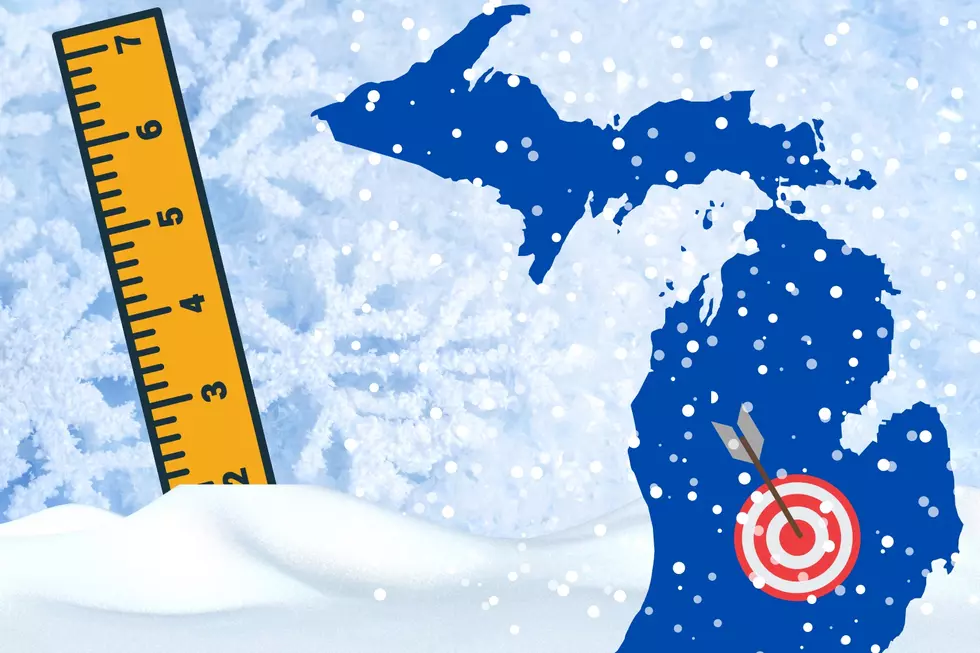
Low Tire Pressure Light On? You’re Not Alone – Here’s Why
For the first time all season, temperatures all over Michigan have plunged below zero.
We all know about the dangers the excessive cold can create for humans and pets, but what about our cars?

Well, thankfully, they've got their own set of warning signs.
Your Car's Low Tire Pressure Light
Chances are, you've seen the "low tire pressure" light on your car's dash at least once.
It's typically orange, with an exclamation point inside what's meant to look like a tire with tread on the bottom.
Why Does My "Low Tire Pressure" Light Come On When It's Cold?
There's a scientific reason why your "low tire pressure" light might be coming on during these extraordinarily cold temperatures.
Let's say your vehicle's manufacturer recommends your tires be inflated to 35 psi (pounds per square inch).
RELATED: Is It Legal to Warm Up Your Car in the Driveway in Michigan?
According to Belle Tire, the weather can have a very noticeable effect on your vehicle's tire pressure:
Tire pressures are by no means constant. They can be affected by nothing more than a change in outdoor temperatures. Pressures can fluctuate 1 psi (pounds per square inch) for every 10 degrees Fahrenheit. A temperature increase drives a psi increase and a decrease in temperature results in a decrease in psi.
That means if you inflated your tires to the recommended 35 psi level back when it was 70° outside, your tire pressure might show 28 psi when it's 0° - and that might be enough to trigger your warning lights!
Do I Need to Air Up My Tires If It's Cold Outside?
It's possible that your tires will warm up enough as you go down the road to cause your "low tire pressure" light to turn itself off. If this happens, you probably don't have anything to worry about.
If the light stays on, you should probably top off your tires with a little more air for the season. Firestone Complete Auto Care cautions that failing to do so could have negative consequences:
- Increased stopping time: Underinflated tires can increase braking time and skid more easily on wet pavement.
- Poor fuel economy: Underinflated tires can lower gas mileage by about 0.2% for every 1 PSI drop in the average pressure of all tires, notes the U.S. Department of Energy.
- Decreased tire lifespan: Underinflation can decrease the lifespan of your tires and make them more vulnerable to damage—all leading to you having to buy more tires, more often.
Old Cars Sunk at Bottom of Detroit River
Michigan Deer Season: Car v Deer, Which Kill More in Your County?
Gallery Credit: Scott Clow
More From 100.7 WITL









